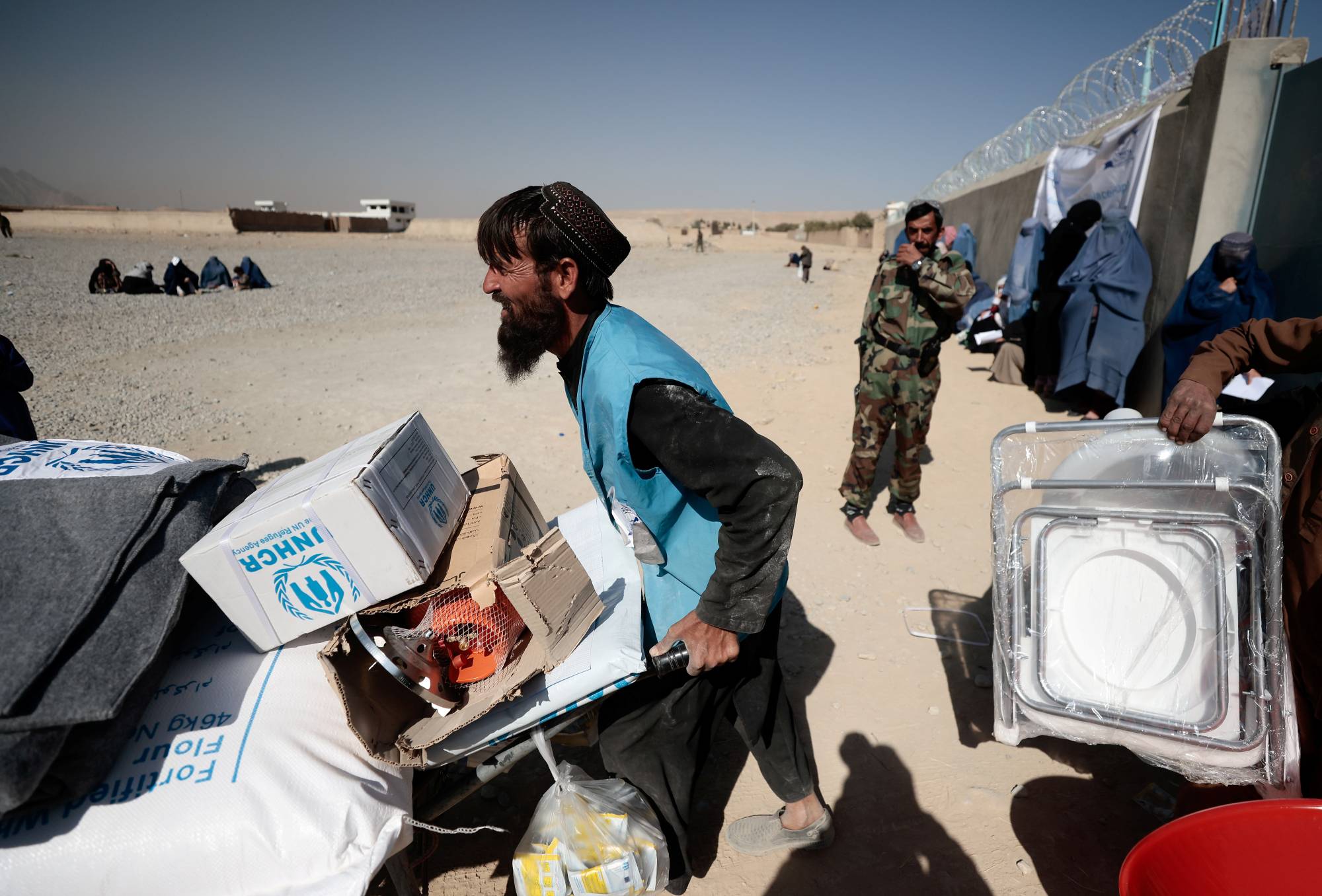In August, the world watched in shock as the Western-backed Afghan government rapidly collapsed and the country spiraled into chaos, culminating in the Taliban’s takeover of the capital, Kabul, and return to power after nearly 20 years.
Since then, Afghanistan has faded from global view. But almost 9 million Afghans are now at risk of famine, and a further 14 million are facing acute hunger, owing to a drought and an economic collapse triggered by the sudden suspension of foreign aid. The World Health Organization warns that 1 million Afghan children are at risk of dying this winter.
In December, the United Nations Security Council passed a resolution exempting humanitarian aid from sanctions against the Taliban. But that is just one piece of the puzzle in addressing the humanitarian and economic crisis in Afghanistan. The global community is facing an urgent challenge to prevent mass starvation and avoid a complete collapse of basic services.



















With your current subscription plan you can comment on stories. However, before writing your first comment, please create a display name in the Profile section of your subscriber account page.